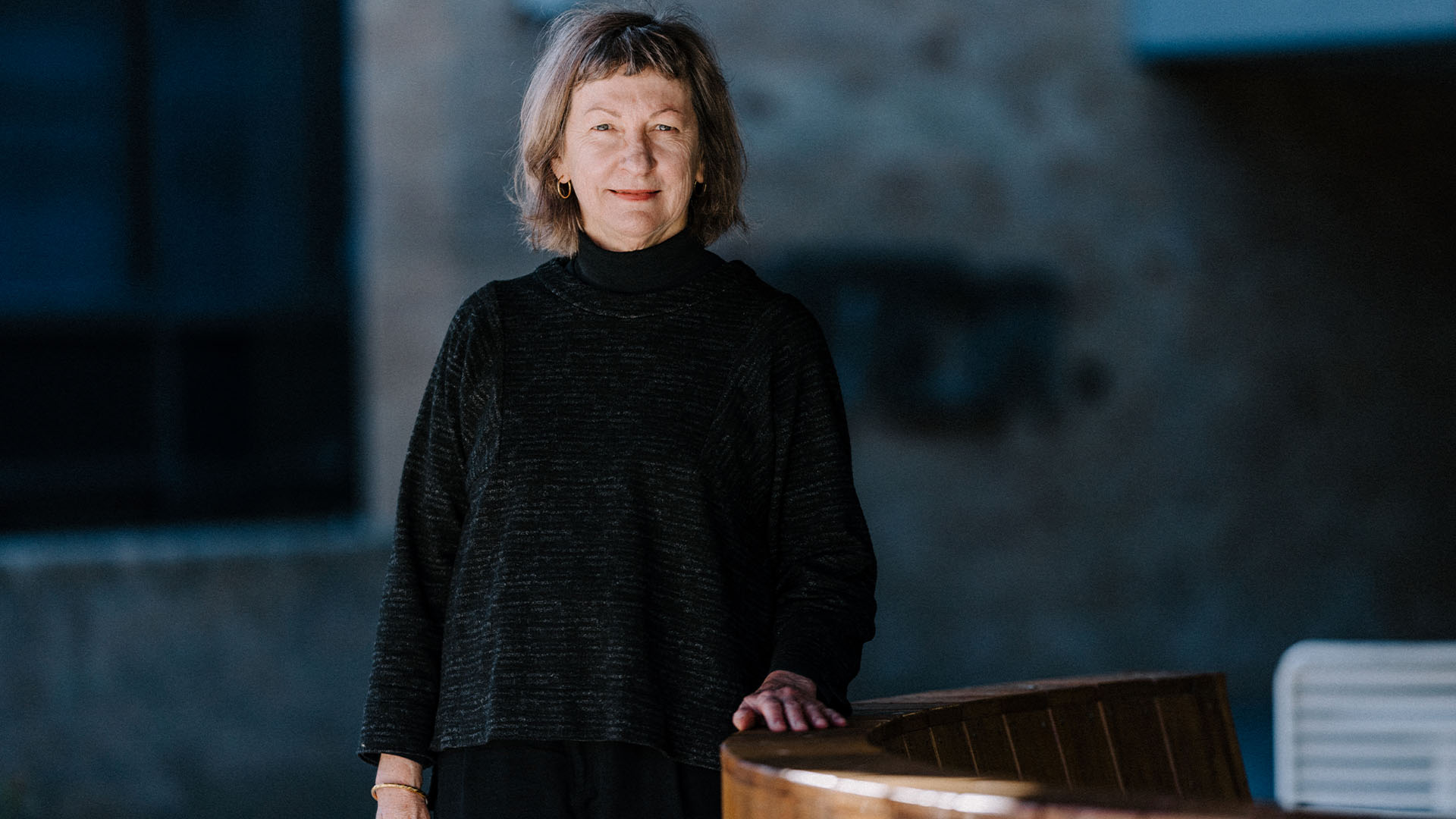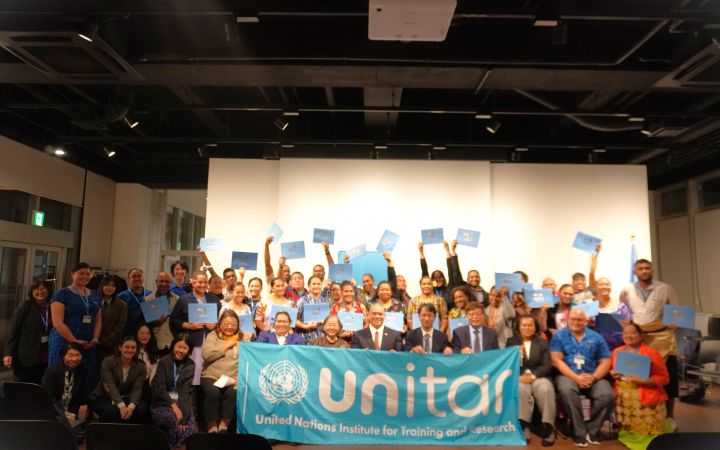UOW teams up with international partners to boost bilingual skills of students in Ukraine

The Universities of Kryvyi and Kharkiv, TESOL Ukraine, a US partner and the team of linguists from have joined forces for the ground-breaking “Bilingual Ukrainian English Primary Schools in Ukraine” project. It aims to enhance Ukrainian students’ proficiency in English, equipping them with the necessary language skills to thrive in international contexts.
The collaboration was inspired by a meeting between Dr Ruslana Westerlund from Wisconsin Cooperative Educational Service and Bethel University, US and Assistant Professor Maryna Tsehelska from Kryvyi Rih State Pedagogical University, Ukraine.
Born and raised in Ukraine, Dr Westerlund describes herself as a product of the ‘Soviet transmission pedagogy’, an old-fashion and one-directional method of teaching a foreign language, which has proved inefficient in the modern world. Therefore, in her academic career, Dr Westerlund has become an avid advocate of systemic functional linguistics (SFL) and genre pedagogy.
“In SFL, language is understood as a resource for making meaning rather than a set of rigid rules. For example, if I am talking informally to a friend, I’m not so worried about accuracy than if I were writing a university assignment,” Dr Westerlund said.
Yet it was after Dr Westerlund’s trip to Australia in 2016 and meeting with UOW’s and , two leading figures in educational linguistics and authors of the best-selling book Teaching Language in Context, that she became eager to bring these innovative approaches to her home country of Ukraine.
The multi-institutional project’s journey began with a series of webinars on systemic functional linguistics organised online for Ukraine’s TESOL (Teaching English to Speakers of Other Languages) professionals at the end of 2022. Despite the challenging circumstances during the Russian invasion of Ukraine, Ukrainian teachers and professors demonstrated remarkable dedication, attending the webinars amidst power outages and airstrikes.
“Many evenings, participants couldn’t join because the electricity was out, there was shelling and air raids. A couple of webinars had to be rescheduled because of airstrikes. One of the participants lost her husband and mother-in-law in the merciless attack at the apartment complex in the city of Dnipro. Yet, everyone continued to stay engaged, and some attended on their phones in complete darkness due to the massive attacks on Ukraine’s electric power grids. These monthly webinars gave teachers a distraction and served as an inspiration to continue learning and educating for the future of Ukraine,” Dr Westerlund said.
Based on systemic functional linguistics and genre pedagogy, the Australian educational linguists’ approach offers a fresh perspective on literacy education, focusing on context and authentic tasks rather than rigid grammatical rules. It also focuses on equipping students with practical language skills applicable to real-life situations.
Associate Professor Pauline Jones explained that the project offers numerous benefits to language learning in Ukraine.
“We live in a global, interconnected world where good English language skills are often the ticket to better education, career and life prospects. Students need to be able to order coffee when travelling abroad, participate in a job interview at a global company or call a doctor when they’re in a foreign country.
“The functional side of learning a new language is crucial to successfully navigating different social settings,” Associate Professor Jones said.
Since many children in industrialised areas of Ukraine speak Russian as their first language, the project also aims to extend students’ Ukrainian language skills, so that they can participate confidently in many different settings.
The Bilingual Ukrainian English Primary Schools in Ukraine initiative has been endorsed by the Australian Systemic Functional Linguistics Association and the Primary English Teaching Association Australia, who have provided resources and professional development opportunities.
The project will implement the ‘train-the-trainer’ model, educating teachers in bilingual Ukrainian-English schools to effectively deliver English language instruction based on SFL and genre pedagogy. The initial group of Ukrainian teacher educators and teachers will work with the UOW and US partners to adapt existing materials for the Ukrainian context.
According to the organisers, the project’s success could potentially influence language education policies in Ukraine, leading to the integration of bilingual education approaches and effective language teaching methodologies into broader educational policies and reforms.
Despite being delayed by the difficult political situation in Ukraine, the project is now set to begin in September 2023, marking a significant milestone in advancing bilingual education and English language proficiency in Ukraine.
UOW is committed to addressing the , which provide a shared blueprint to achieve a better and more sustainable future for everyone. The Bilingual Ukrainian English Primary Schools in Ukraine project addresses Sustainable Development Goal 4: Quality Education, ensuring inclusive and equitable quality education for all and Goal 17: Partnership for the Goals, which strengthens the means of implementation and revitalises the global partnership for sustainable development.








